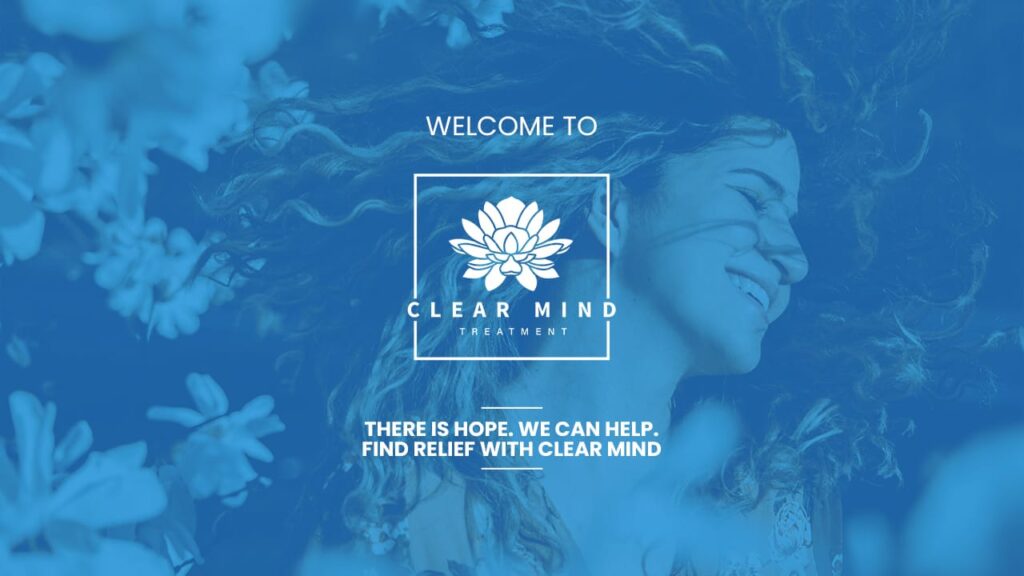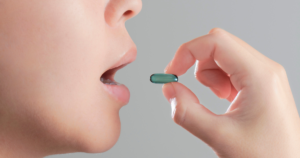Gratitude is a bit of a buzzword these days. And, with the holiday season quickly approaching, it’s likely a phrase we’ll hear quite often in the coming months. Have you ever stopped to think about what gratitude really means?
Simply put, gratitude is the expression of appreciation for what one has. It’s about being thankful, expressing affirmation, and returning kindness. The concept of gratitude isn’t just something that’s reserved for the holiday season. In fact, there’s scientific evidence that proves how gratitude can change your brain.
Having a grateful mindset can actually help you feel happier and healthier year round. Studies done with fMRI-guided technology show that gratitude can boost serotonin and can activate the production of dopamine-known as the feel-good neurotransmitter.
Gratitude can help change the way you see the world. It can help you let go of aggression and anger in difficult situations or overcome negativity by focusing on the good things in life. Someone who is grateful can develop better self-esteem allowing them to appreciate others and their accomplishments instead of being resentful or jealous.
Being grateful can also lead to positivity and fulfillment. Once you start seeing the glass as half full instead of half empty, you can live a happier life. It’s been proven that gratitude can help you find a happiness that lasts. Developing an attitude of gratitude can help fuel hope and rise above difficulties, but gratitude can’t always combat depression.
Depression Is An Illness- Not A Choice
Unfortunately, for someone battling treatment-resistant depression, developing an ‘attitude of gratitude’ can be difficult. One of the common misunderstandings about depression is that it’s similar to feeling sad or down. Someone with depression might be accused of being ‘ungrateful’ or told that they just need to ‘snap out of it.’ In fact, many people believe that feeling depressed is a choice.
That kind of thinking only adds to the stigma surrounding mental health.
The truth is, depression is a complex medical condition that should be treated as such. Depression can ruin careers, break up families, disrupt daily tasks, and, in the worst cases, end in suicide.
For someone with depression, it can be hard to adequately express positive emotions like happiness and gratitude because of how depression affects the brain. More specifically, it affects the hippocampus, amygdala, and prefrontal cortex changing the way someone thinks, feels and behaves.
Feel Better Before The Holidays
Our unique resistant depression treatment program can help when nothing out does. If you or someone you love has been struggling with with Treatment-Resistant Depression, OCD, anxiety, PTSD, Postpartum or Bipolar Depression, our program can be an effective option. You don’t have to continue to suffer. Life is a gift worth enjoying and every day counts! Please don’t hesitate to reach out for support. Our compassionate team is here to help you every step along the way.








